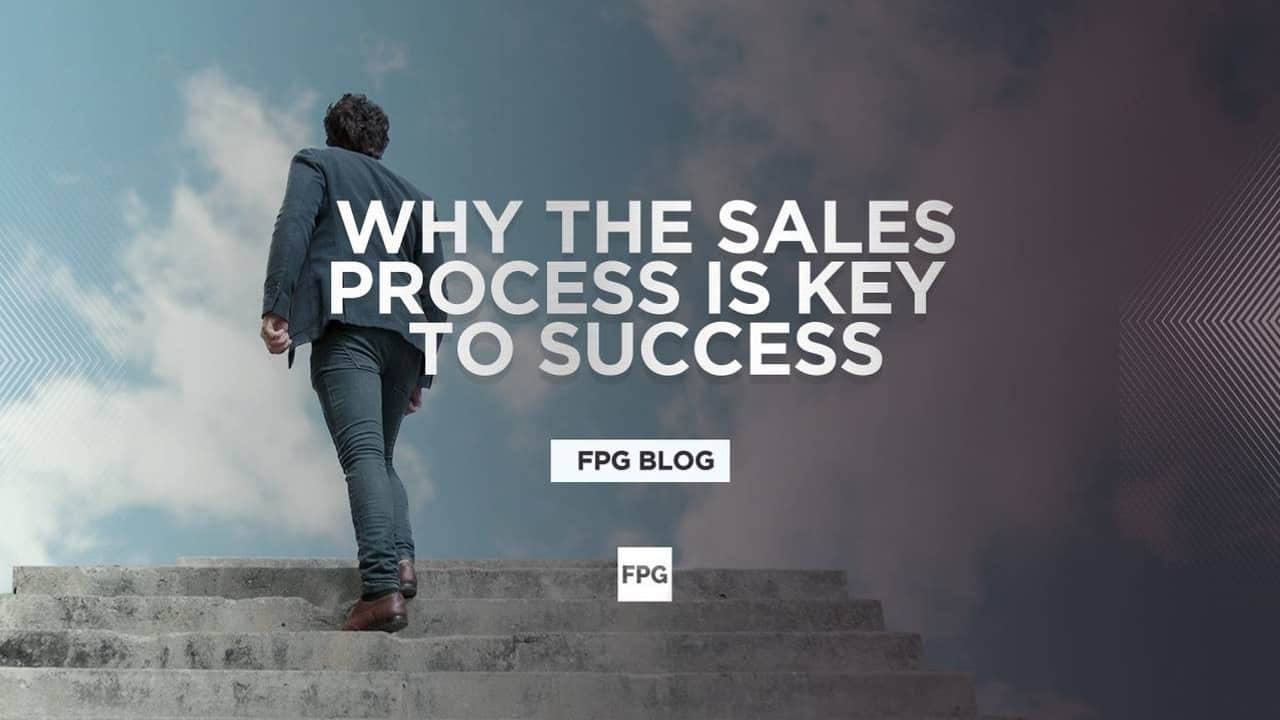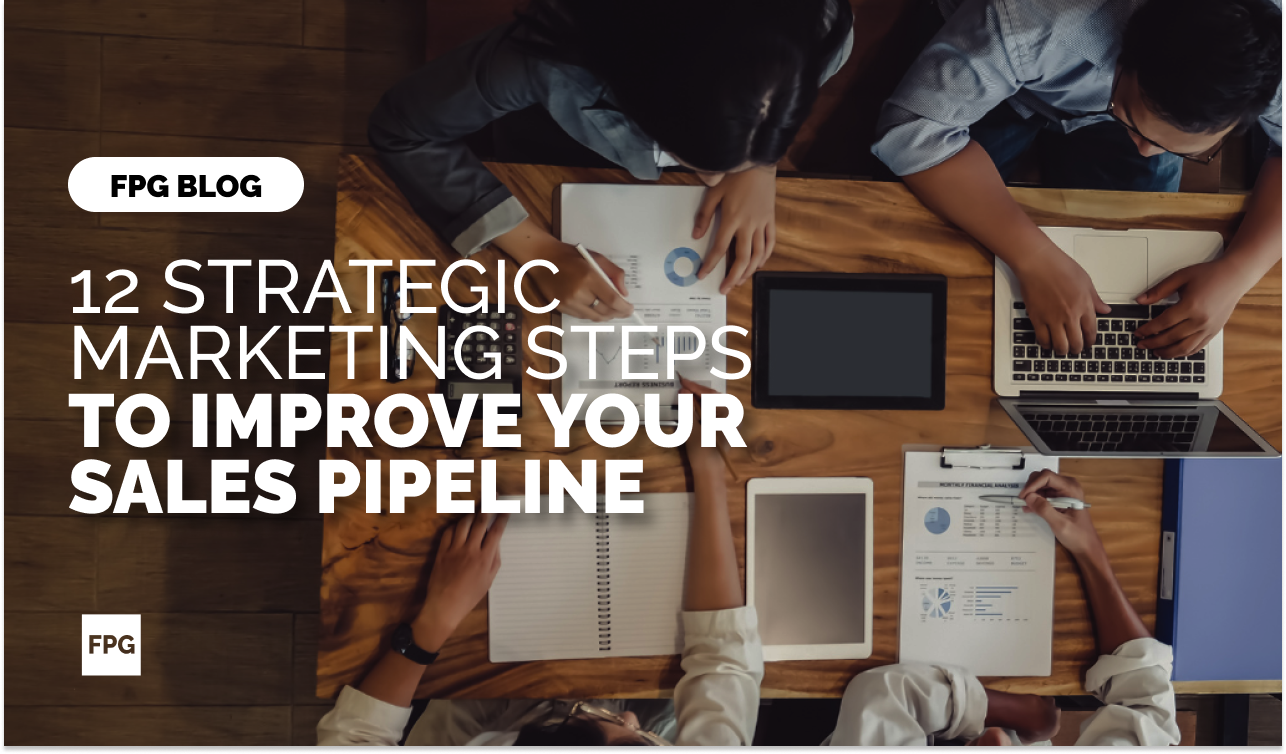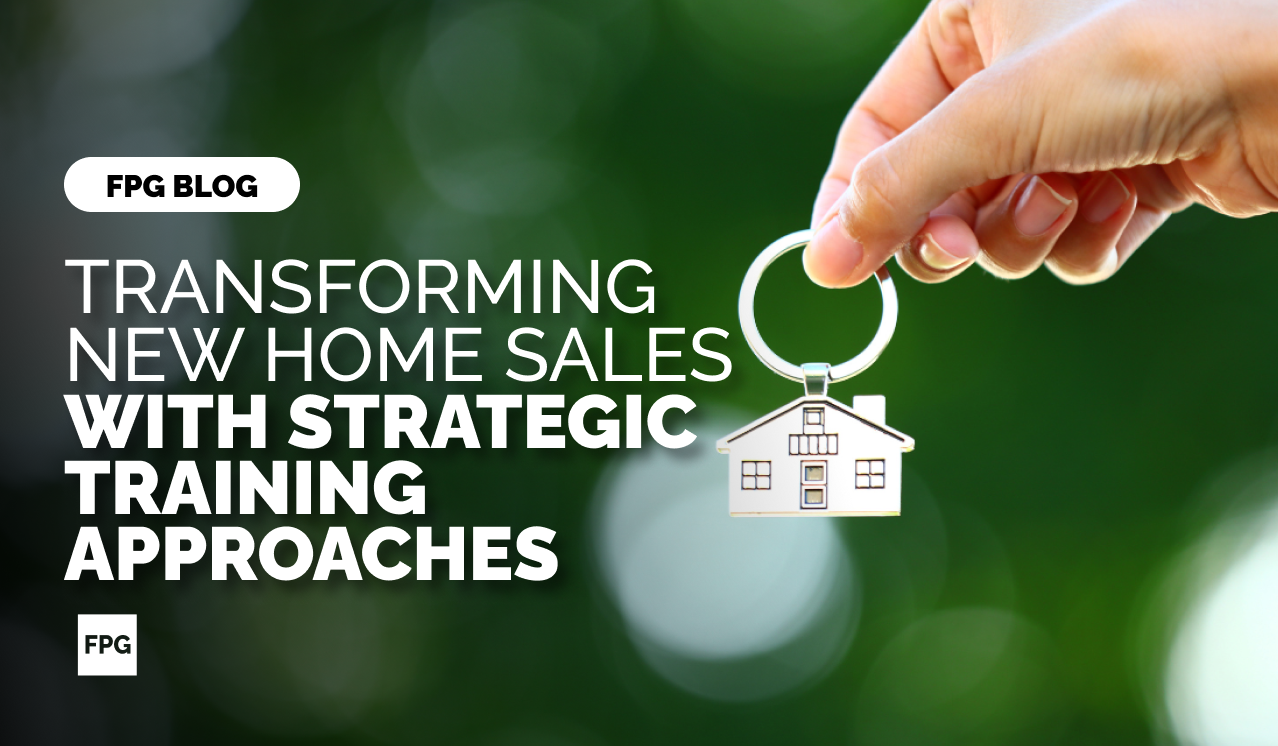The sales process is key to success because it ensures that all sales activities are carried out systematically and efficiently. By having a sales process in place, businesses can avoid wasting time and resources and maximize their chances of achieving their desired outcomes.
The sales process steps typically include prospecting, qualifying, needs analysis, proposal/presentation, negotiating, and closing. However, the exact steps will vary depending on the type of business and the product or service being sold. A sales process can be further divided into stages, each with its own set of activities and goals.
The qualifying stage:
It is critical in the sales process because it helps to determine whether there is a fit between the customer’s needs and what the company can offer. This stage also helps weed out unqualified leads, so that sales resources can be focused on those with a higher likelihood of becoming customers.
The needs analysis stage:
It is important to understand the customer’s problems and needs. This stage also helps identify any potential roadblocks to the sale, so that they can be addressed early on.
The proposal/presentation stage:
This is where the salesperson makes their pitch and provides a detailed proposal or quotation. The goal at this stage is to persuade the customer to buy the product or service.
The negotiating stage:
It is important to reach an agreement that is acceptable to both parties. This stage may involve some give and take, as well as creative thinking, in order to come up with a mutually beneficial solution.
The closing stage:
This is the final stage of the sales process, where the deal is finalized. The goal at this point is to get the customer to sign on the dotted line and make the purchase.
Ways to create a successful sales process
There is no single recipe for success when it comes to creating a sales process. However, there are a few things that all successful sales processes have in common.

1. Define your ideal customer
The first step is to identify who your ideal customer is. This will help you to focus your sales efforts on those who are most likely to be interested in your products or services.
2. Define your sales process steps
The next step is to define the steps involved in your sales process. This will help you to ensure that all sales activities are carried out systematically and efficiently.
3. Create a sales pipeline
A sales pipeline is a visual representation of your sales process. It is a helpful tool for tracking the progress of each sale, and for identifying where there may be bottlenecks in your process.
4. Implement a CRM system
A CRM (customer relationship management) system is a software application that helps businesses manage their customer data. A CRM system can be used to track customer interactions, manage sales opportunities, and automate sales processes.
5. Train your team
It is important to train your sales team on the sales process and how to use the tools and systems in place. By providing adequate training, you can ensure that your sales team is able to sell effectively and efficiently.
While the sales process may vary slightly from one business to another, these are the general steps that are typically involved. By following a sales process, businesses can increase their chances of success by ensuring that all sales activities are carried out systematically and efficiently.
You’re probably wasting a lot of time and money with your current sales process.
Most sales processes are outdated, inefficient, and downright ineffective. You may be getting lucky now and then, but you could be doing so much better if you only knew how.
The 12 Steps to Achieving a 100% Conversion Rate book is the answer. Written by Jason Forrest, this book reveals his unique 5/4/3 Factor methodology that has helped sellers achieve consistently high conversion rates. Order the Book Now!
FAQs about Sales Process
When you have questions, we have answers. Check out our comprehensive list of frequently asked questions below.

1. What are the 7 steps of the sales process?
The 7 steps of the sales process are:
- Prospecting.
- Pre-qualifying.
- Needs analysis.
- Proposal/presentation.
- Negotiating.
- Closing.
- Follow up.
2. What are the 4 key sales steps?
The 4 key sales steps are:
- Prospecting.
- Needs analysis.
- Proposal/presentation.
- Closing.
3. How do you start a sales process?
The first step in starting a sales process is to identify your ideal customer. Once you have identified your ideal customer, you can then begin to define the steps involved in your sales process. From there, you can start to implement a CRM system and train your team on the sales process.
4. What is a sales process flowchart?
A sales process flowchart is a visual representation of your sales process. It is a helpful tool for tracking the progress of each sale and for identifying where there may be bottlenecks in your process.
Traditional Sales and Leadership Training fails to address the real problem!
You’ve tried training your team in the past, but it didn’t really work. The old style of training just doesn’t seem to work anymore. It’s no secret that sales and leadership training is essential, but it can be hard to find a training program that actually works. Most programs are outdated and are not focused on changing behavior.
FPG Sales Training is different. We don’t use the traditional approach of lecturing your team for hours on end. Instead, we help your team understand their mindset and give them the tools they need to succeed. We help them remove their excuses so they can finally achieve their goals. Contact us today!







